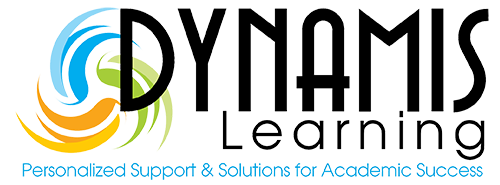Here are some important points to consider:
You are the biggest influence on your child’s education and career decisions. You should encourage them to explore possibilities while they are young.
Since it is a known fact that people will change jobs at least 3-4 times in a lifetime, have them start thinking about what they are really passionate about. This may be a good path for them.
Empower them with knowledge as that will be their best friend. The more they know about careers, the more understanding they will have when they have to be flexible and possibly change careers later in life
Children entering secondary school:
A child who enters secondary school should be looking at various possibilities. Now is the time for them to consider subjects they may want to take later in school. In turn, this helps them encounter skills they may have known they never had, and it can help lead them to pursue certain careers in the near future. Some children know what they want to do early on in life and may stay with that career. Others will take time to figure out what path they want to follow.
If your child likes to help people, has an interest in computers, likes working with things and ideas and enjoys math, they may consider taking subjects in chemistry, biology and science in secondary school. These various courses may point them into a path they never realized they loved and were passionate about.
It is common for people to have many jobs and careers throughout their lifetime. For example, a famous tennis star, Pat Cash, did several things. Despite suffering from severe depression, he won the Wimbledon championship when he was 22 years old. Since then he has had a variety of careers – media commentator, tennis coach, software developer, founder of plant-a-tree day and Planet Ark as well as establishing a tennis academy in Queensland.
There are many examples of people who have had several careers or jobs, so explaining this to your child is a good thing. This way he is aware of career paths, and how he doesn’t have to be stuck with his first choice!
What Can You Do as a Parent?
Take the time to talk to your child about his future. Have conversations with him which have him opening up and exploring ideas about what he might want to do. Ask things such as “What types of things are you passionate about?” “What skills would you consider to be your strengths?” Basic skills needed today in the workplace include reading, writing, math, listening, and speaking skills. Work skills that are important are critical and creative thinking, problem-solving, and reasoning. You can help your child develop other skills needed such as responsibility and time management by doing the following:
Give them tasks to do around the house and treat them as trustworthy individuals
explain that hurdles or setbacks are a normal part of life and support them to understand and overcome their mistakes and failures
encourage and praise them for their effort, not just when they have done well.
Thinking in advance about your child’s future is critical. Children are never too young to start thinking about their future even in a small way. Giving them more and more responsibility at home helps strengthen their mindset and puts them in a positive light when it comes to producing whether at school or in the workforce. This can only be a win-win situation all around for the child, parent and our society.
